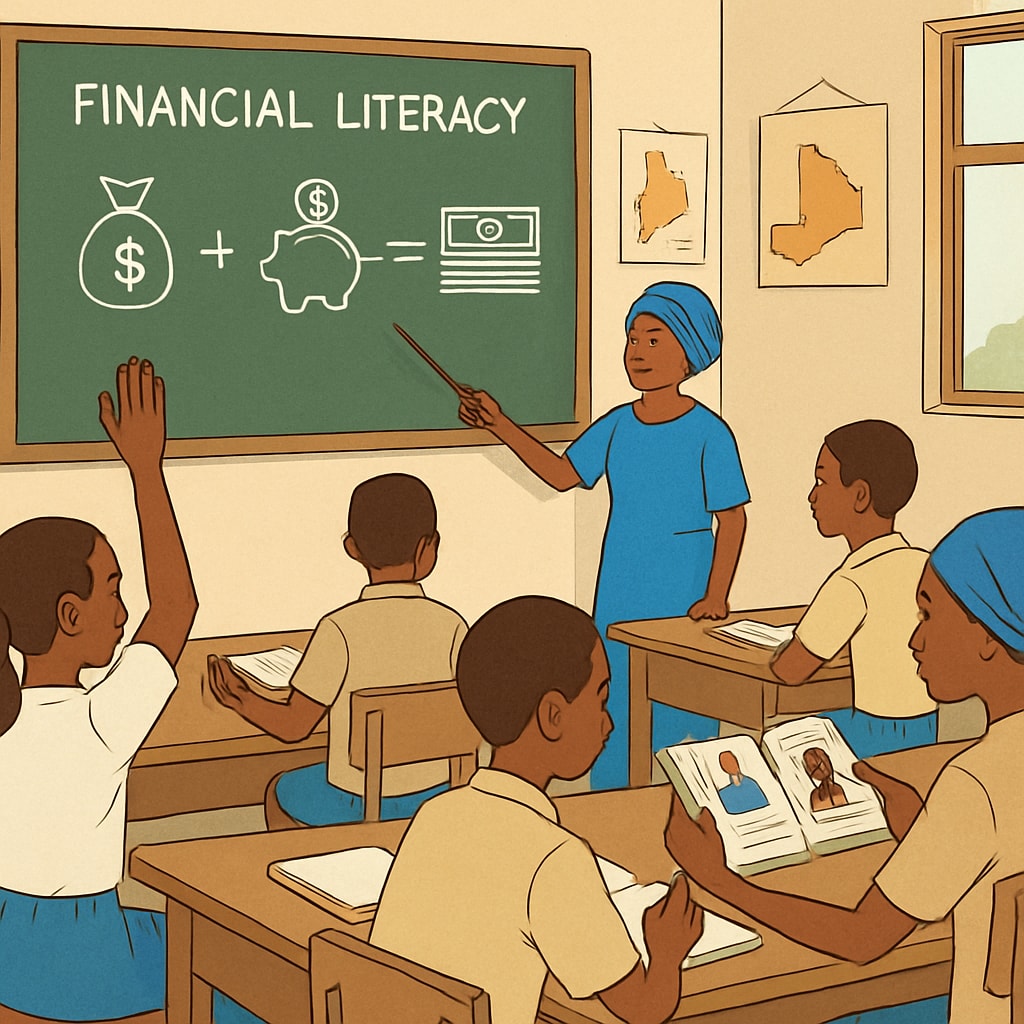The intersection of financial careers, K12 education, and study abroad opportunities reveals critical challenges for students in developing countries like Mali. In such contexts, the foundation laid during the K12 years plays a pivotal role in bridging local realities with global career aspirations. This article delves into how K12 education in Mali can prepare students for financial careers by fostering global competitiveness while addressing local development needs.
The Challenge: Financial Careers in Developing Countries
Pursuing a financial career in developing countries such as Mali comes with unique hurdles. Limited access to quality education, inadequate resources, and a lack of career counseling often hinder students from envisioning or achieving their professional aspirations. Financial professions require skills such as analytical thinking, problem-solving, and a global perspective—qualities rarely emphasized in traditional education systems in many developing nations.
Moreover, Mali’s education system is often constrained by outdated curricula that fail to align with global standards. Without exposure to practical financial concepts, students are at a disadvantage when competing on international platforms or even contributing effectively to local economies. According to Wikipedia’s overview of education in Mali, significant disparities exist in access to quality education, particularly in rural areas, further deepening the gap between aspiration and achievement.

The Role of K12 Education in Bridging the Gap
K12 education is a critical phase where foundational skills are developed, shaping students’ ability to pursue advanced studies and professional careers. To address the challenges of preparing students for financial careers in Mali, several key areas require attention:
- Curriculum Reform: Introducing financial literacy, analytical skills, and global economics into the curriculum can help students grasp the basics of the financial world.
- Teacher Training: Equipping educators with modern teaching techniques and subject matter expertise ensures better delivery of complex concepts.
- Technology Integration: Leveraging digital tools for learning can expose students to global financial practices and trends.
- Language Proficiency: Enhancing English and French proficiency enables students to access international resources and opportunities.
For example, schools in urban Mali have started adopting programs that integrate financial literacy into their curricula, fostering early awareness of savings, investments, and entrepreneurship. Similar initiatives in rural areas could drastically improve the skillsets of students, especially those aspiring to enter financial professions.
Globalization and Study Abroad: A Double-Edged Sword
Many students in Mali see studying abroad as a gateway to better career opportunities, particularly in finance. While this aspiration is valid, it often comes with its own set of challenges. High costs, cultural adjustments, and the risk of “brain drain”—where educated individuals leave their home countries for better prospects—are pressing concerns.
On the other hand, study-abroad experiences can provide invaluable exposure to global financial systems, advanced education methodologies, and diverse professional networks. Institutions in Mali could explore partnerships with international universities to offer exchange programs or scholarships, ensuring that students gain global experience while remaining connected to their home country’s development.

The Way Forward: Building a Strong Foundation
To create a robust pipeline of professionals ready to excel in financial careers, Mali’s education system needs a comprehensive overhaul focused on K12 education. This transformation should include:
- Public-Private Partnerships: Collaborations between the government, private sector, and non-profits to fund educational reforms and infrastructure development.
- Career Counseling: Introducing career counseling services in schools to guide students toward viable career paths based on their strengths and interests.
- Local Contextualization: Aligning education with Mali’s economic realities, such as agriculture-based financial systems and entrepreneurial opportunities.
As a result, students can emerge from the K12 system equipped not only with the technical skills required for financial careers but also with the adaptability to thrive in both local and global contexts. For instance, integrating local case studies and real-world applications into the education system can make learning more relevant and impactful.
In conclusion, K12 education in Mali has the potential to be a transformative force in shaping the future of financial careers. By addressing systemic challenges and leveraging opportunities like study abroad, the country can empower its youth to contribute meaningfully to both the national and global economy.
Readability guidance: Use short paragraphs and lists to summarize key points; maintain a balance between challenges and actionable solutions. Distribute transition words evenly for better flow, and ensure a mix of global and local perspectives on the topic.


